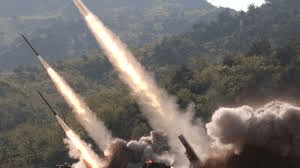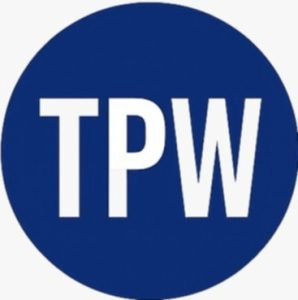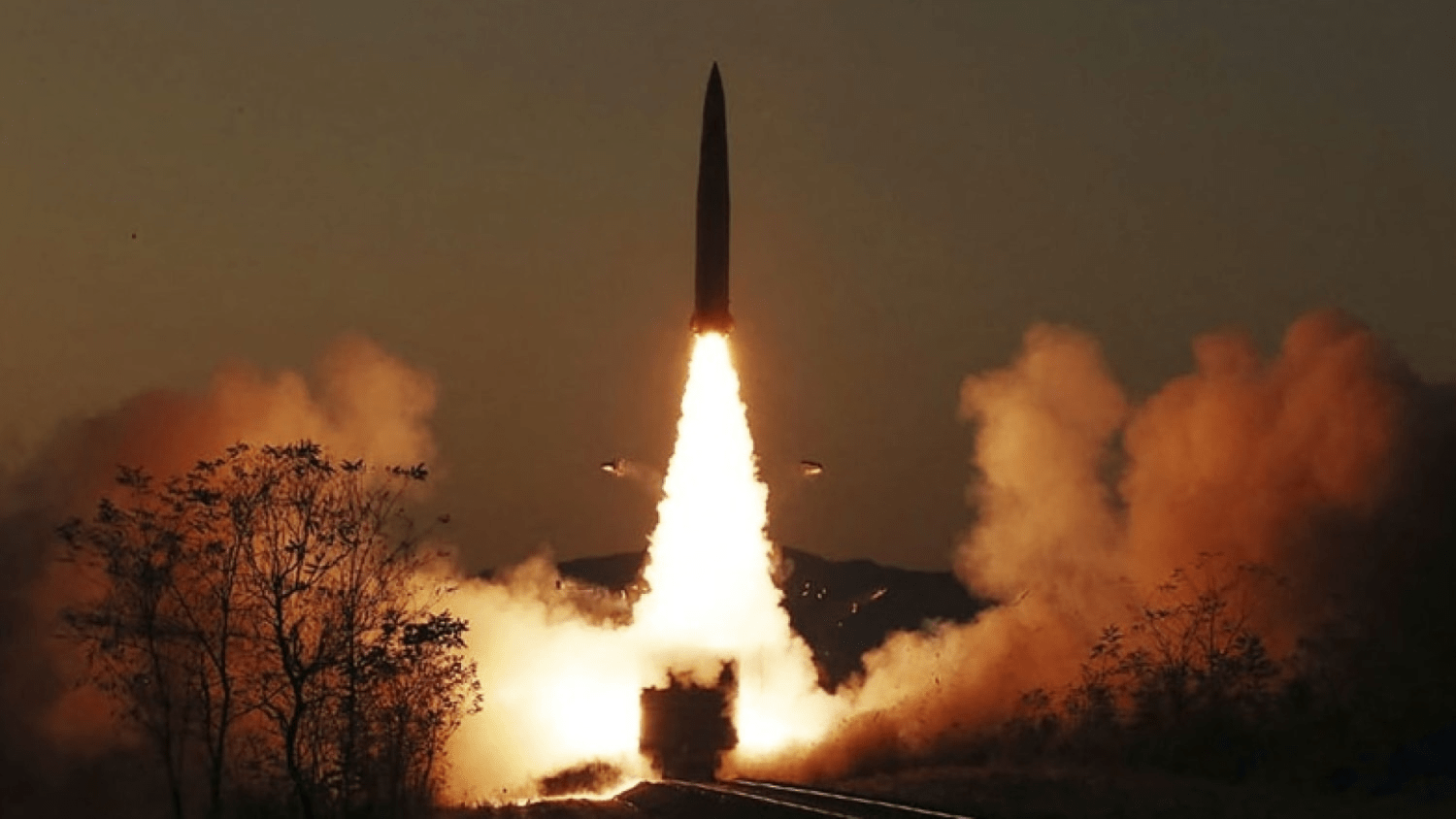Show of force near the summit
North Korea launched at least two short-range ballistic missiles off its east coast early Sunday, Oct. 26, according to the Japanese and South Korean defense ministries, in its first such test in several weeks. Tokyo said the missiles flew on a depressed trajectory before landing outside Japan’s exclusive economic zone, but still close enough to trigger emergency tracking alerts. Seoul’s Joint Chiefs of Staff called the launch a “provocation timed for political messaging,” noting it happened while U.S. President Donald Trump is traveling in Asia and ahead of trilateral talks on extended deterrence with Japan and South Korea. Pyongyang has framed recent tests as rehearsal for striking U.S. bases in the region if it feels encircled. The timing underscores that Kim Jong Un wants to stay in the center of the security script as Washington works missile-defense coordination with Tokyo and Seoul. Officials in both capitals said there were no immediate reports of damage.

Arms race pressure in Northeast Asia
Japan’s new prime minister, Sanae Takaichi, has already vowed to accelerate defense spending to 2% of GDP and invest in counter-strike missile capability, saying Japan “cannot afford complacency” with North Korea and China both modernizing. South Korea continues to showcase its “three-axis” preemptive strike doctrine, while quietly deepening weapons cooperation with the U.S. and, increasingly, Japan. The launches also arrive as Washington tries to keep attention on China’s navy, the South China Sea and now the Southeast Asia ceasefire optics — without letting North Korea drift back into long-range intercontinental ballistic missile testing. Analysts in Tokyo say Kim is signaling two things at once: that he rejects any regional missile shield built without him, and that he expects to be paid — in sanctions relief, aid, or political concessions — to pause. U.S., Japanese and South Korean officials all condemned Sunday’s shots, calling them a violation of U.N. Security Council resolutions that ban Pyongyang from using ballistic missile technology.

 TPW DESK
TPW DESK 








